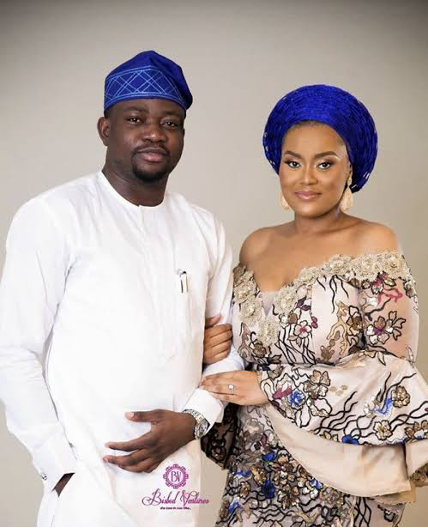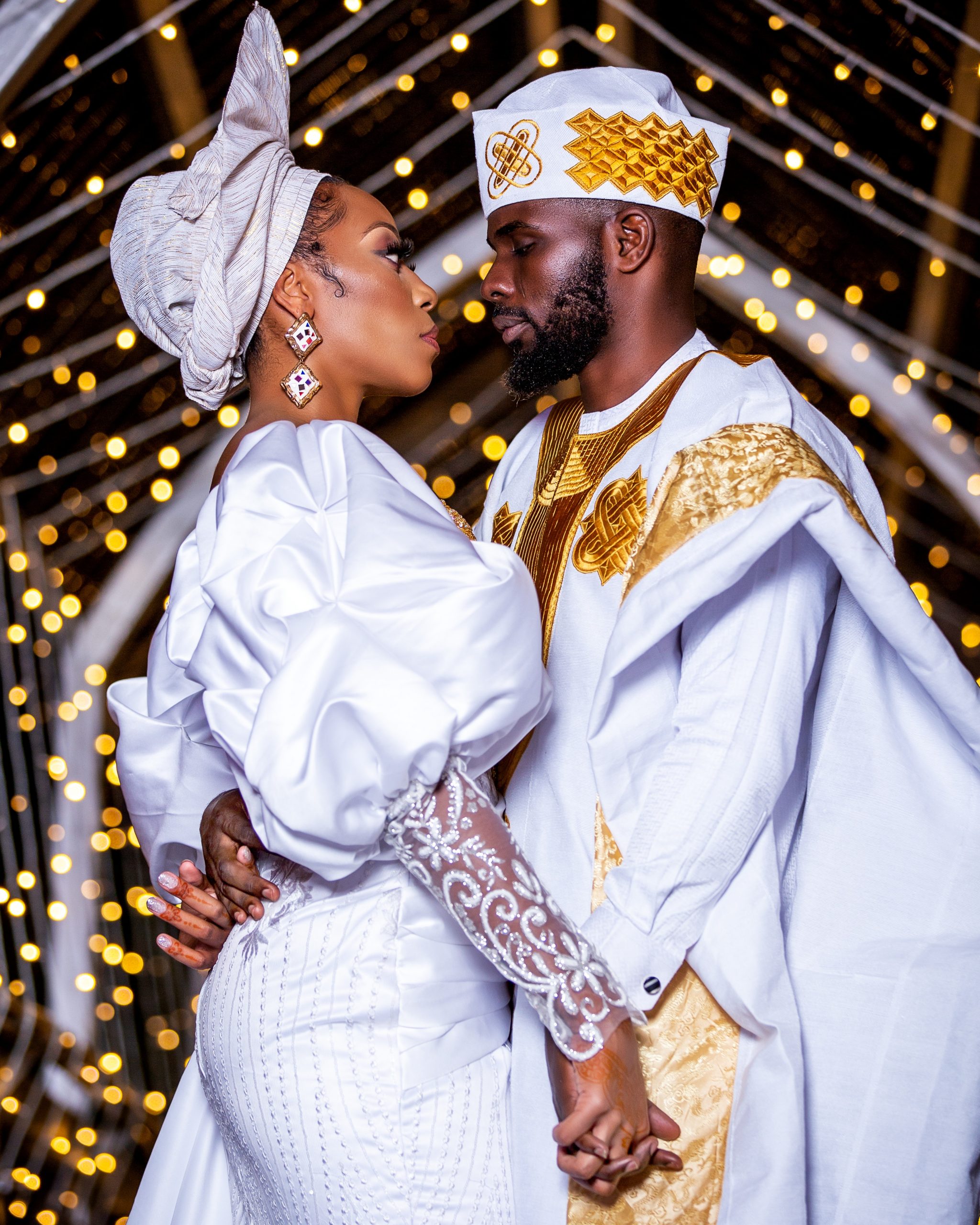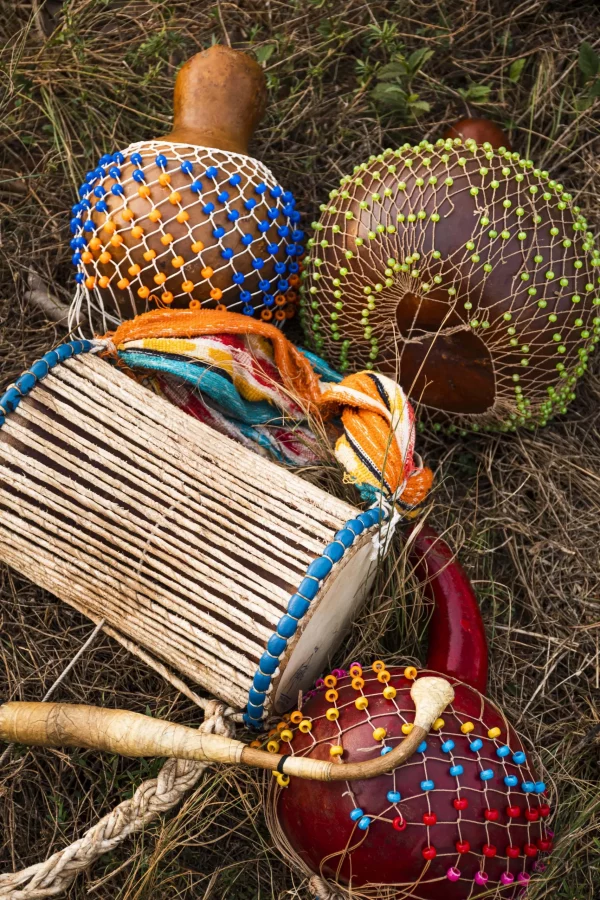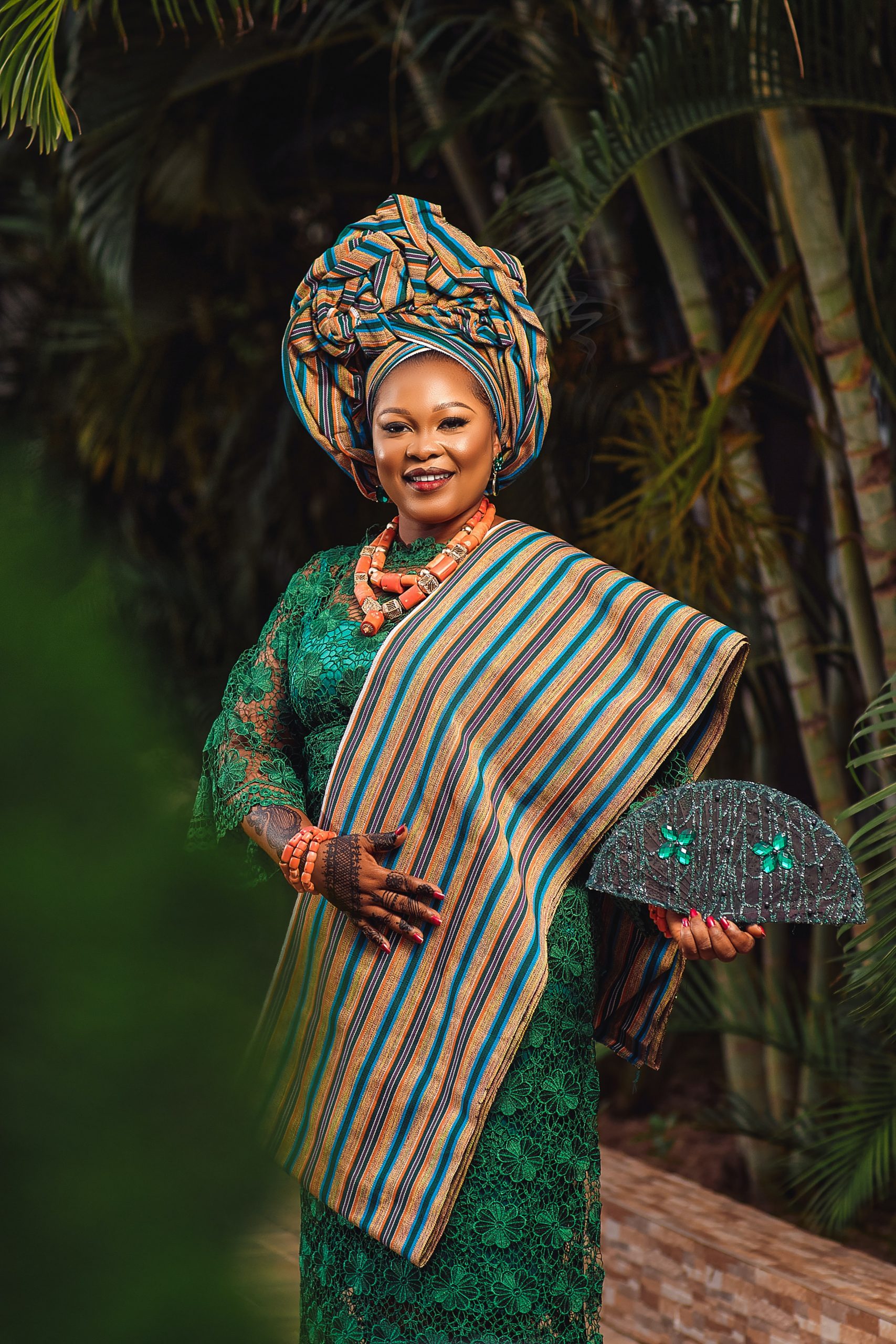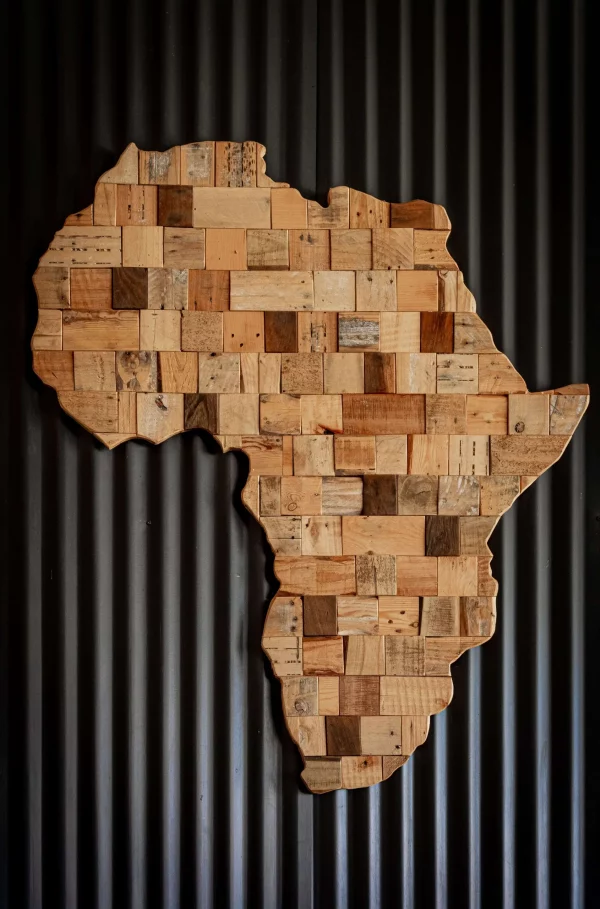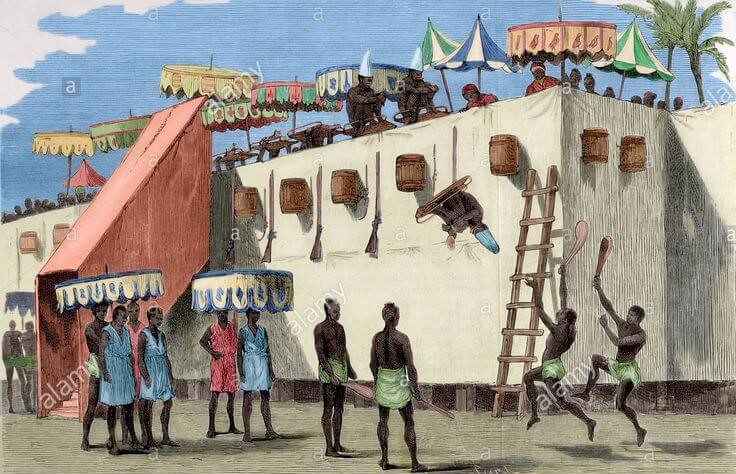DiscoverYoruba.com is your one-stop for embracing Yoruba culture, entertainment, and history unfolding.
Table of Contents
Introduction
Araa dubgo wa, a ti de o! Eka’aaro, eka’san, eku gbo gbo ẹ!
Today, we will take a deep dive into our Yoruba ethnicity and talk about our beautiful language, i.e., Yoruba language basics—4 things you must know to speak Yoruba.
Now, we understand you may be a bit dusty when it comes to speaking our language. I mean, we know how Yoruba pronunciation can be. But worry not because we’ll wipe that dust right off and get you right on track with our intonation.

Yoruba Alphabets and Pronunciations
Let’s start from the very beginning.
All of the sounds in the Yoruba language are contained in our alphabet, which consists of 25 letters.
I can remember my days in early secondary school when we were taught the alphabet in a song that was catchy and easy to remember. Ah, the simpler days.
Anyway, these are the Yoruba alphabet (with their pronunciations):

You can use the chart above to practice the Yoruba intonations. We’re sure if you’re reading it out loud right now, it may sound a bit funny. Fortunately, we’re not against a little fun, so enjoy it and play around with the pronunciations till you get them.
Perfect.
Common Yoruba Greetings and Expressions
One of the top things we Yorubas are known for (other than pepper) is our respect! All through the ages of yoruba culture and tradition, this one thing has remained true.
We love to greet and exchange pleasantries. If you find a Yoruba person anywhere in the world, telling them a simple “hello” in the Yoruba language can brighten up their day beyond your expectations.
So, what are the basic Yoruba greetings?
“Ẹ kàárọ́” – Good morning
“Ẹ k’aasan” – Good afternoon
“Ẹ kàálẹ̀” – Good evening
To exchange pleasantries, we say:
“Báwo ni?” – How are you?
“Báwo” – Hello (informal, used especially among friends)
“Alaafiya mo wa” – I am fine
“Iwo n’ko?” – How about you?
When parting ways, we say:
“O dàbọ̀” – Goodbye
“A ma ri ra”– We’ll see each other soon
“O d’aáro”– Goodnight/see you in the morning.
Sound nice, don’t they?

Basic Sentence Structure and Shocking Yoruba Grammar Rules
Yoruba sentences frequently follow the English order of subject, verb, and object.
For example,
“I have arrived” translates as Mo ti de.
It is also important to note that adjectives come after nouns, contrary to what you may be used to in the English language.
For example,
Drinkable water translates as omi mimu (which literally means “water drinking”).
Lastly, Yoruba pronouns are not gender specific; rather, they are gender neutral and only change to represent singular/plural or formal/informal.

Note that the singular forms are informal, while the plural forms are formal. So if I want to say “you” and refer to my friend, I’ll say “ìwọ”. But if I want to say “you” and refer to my mother or another older person, I’ll say “eyìn”.
Yoruba Language Basics: Vocabulary and Useful Phrases for Beginners
To better learn a language, as much as new words could help, continuous exposure helps you better reinforce it. You can check out pages online that teach everyday things in Yoruba. Regardless, here are a few new words and phrases in the Yoruba language that you can learn and practice today. Feel free to take a screenshot so you can easily go back to it when you want to be reminded of your favourite words.
Let’s have it!
ẹbi – Family
ọmọ – Child
ilé – House/home
oonje – Food
ọkọ – Husband
iyawo – Wife
ọlọrun – God
adura – Prayer
alubaríka – blessing
We won’t stop there! Here are some extra words for you:
Aṣo – Cloth
Omi – Water
Erìn – laugh
Ọrín – Music
Egbon – Older brother
Abúrò – sibling
Orè – Friend
Àrèwá – a beautiful lady
Ilé-ìwé – School
Ílu– country
Ọjọ – Day
Great! We’ve covered the basics of speaking the Yoruba language. There’s no quick way to learn a language, but with this little guide, you’re off to a good start.
Let’s do a little test with these 2 words. Can you tell the difference in their pronunciations?
Owo – Money
Ọwọ – Hand
What words or sentences do you have a hard time translating to Yoruba? Send them in the comments section, and we’ll answer right back so you can avoid embarrassment and speak Yoruba with pride.
Sources: Wikipedia, omniglot.com, mustgo.com
Written by Peace Olusesi.
